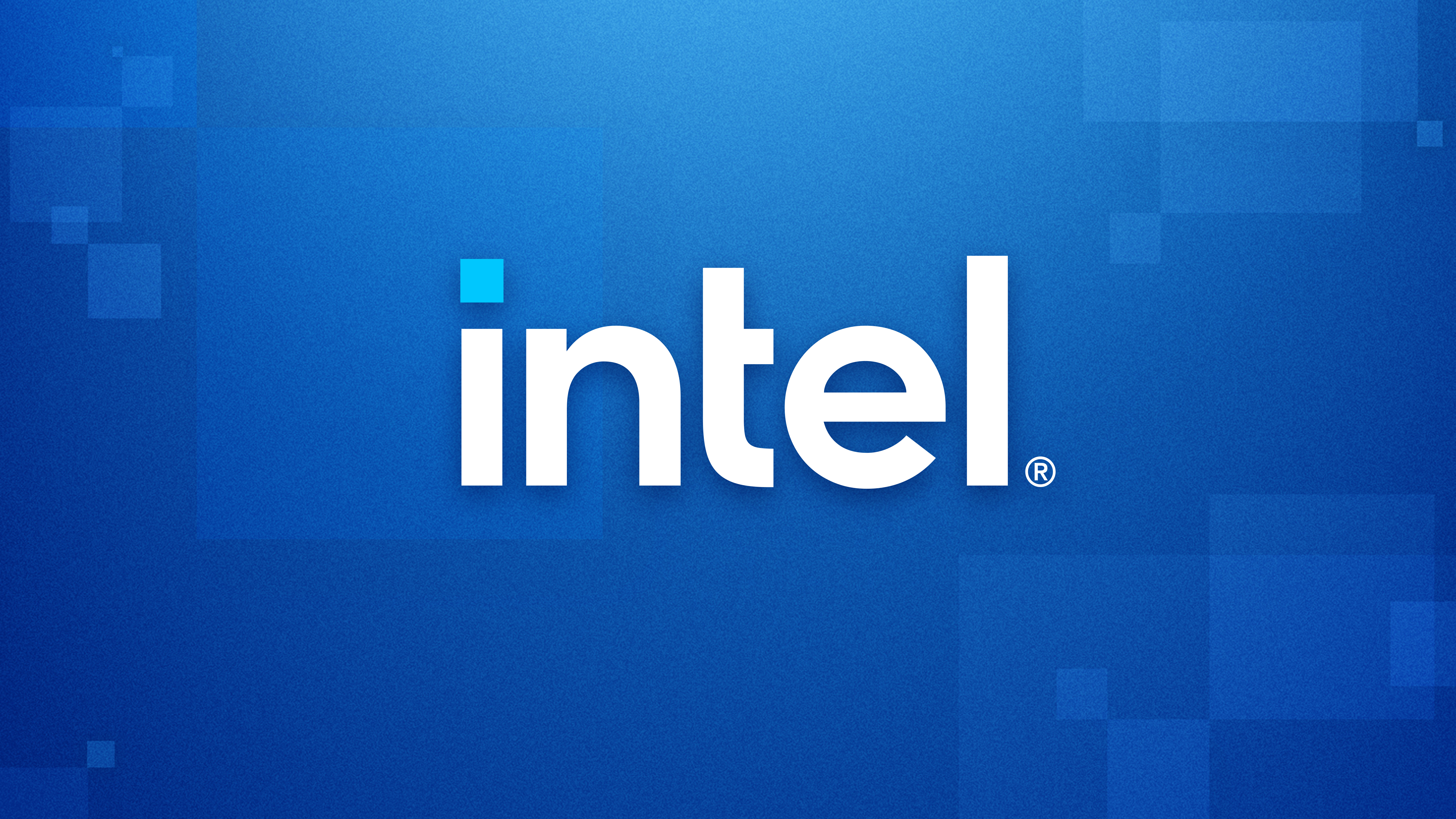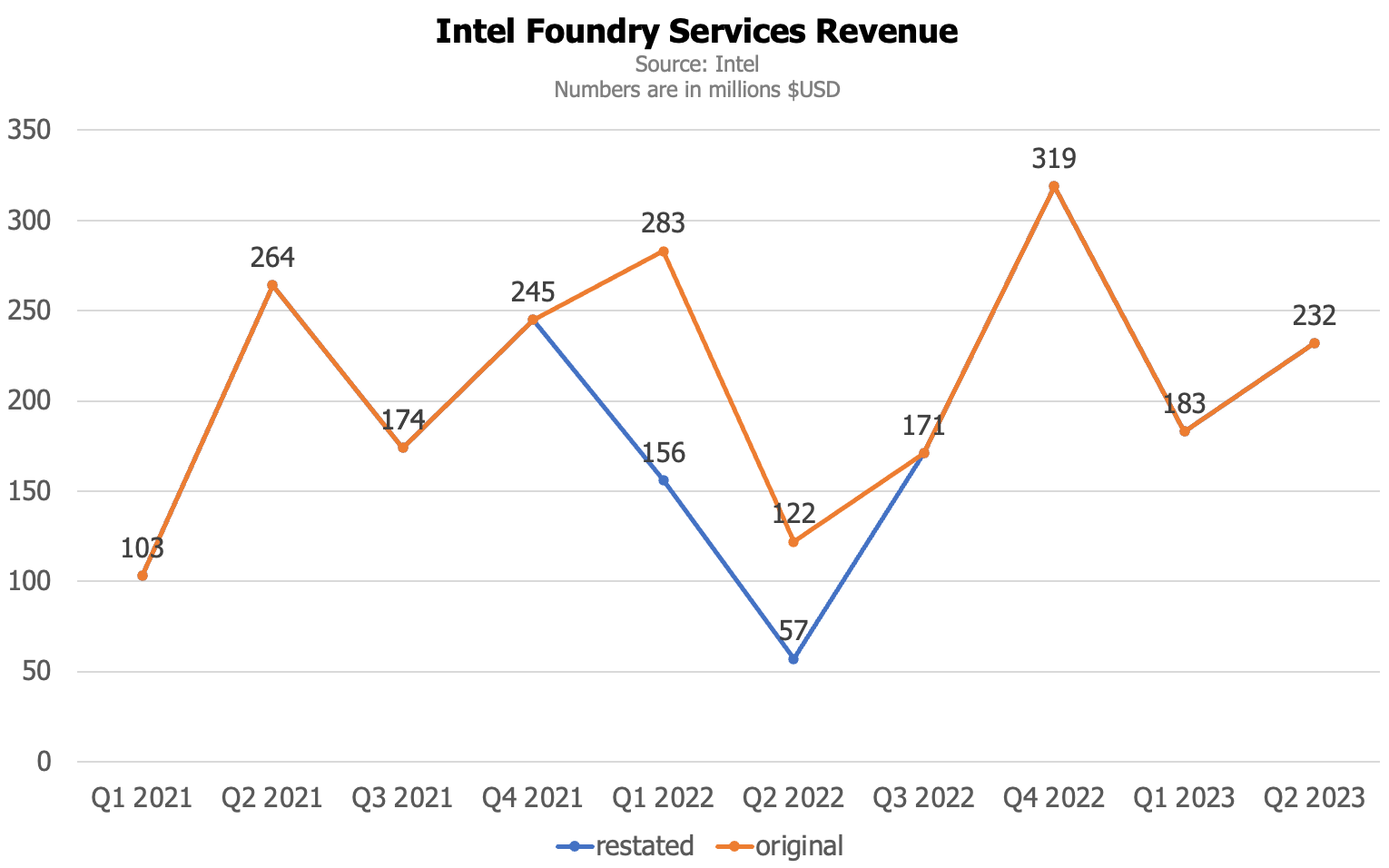China Delays Kill Intel's Tower Acquisition, Intel to Pay $353 Million Breakup Fee
Intel to pay $353 million termination fee to Tower.

Due to regulatory approval challenges in China, Intel Corporation and Tower Semiconductor have jointly chosen to halt their acquisition discussions. As a result, Intel will compensate Tower with a $353 million termination fee. Despite this setback, Intel remains committed to its foundry initiatives, Intel Foundry Services (IFS), and has expressed interest in potential future collaborations with Tower.
When Intel announced plans to take over Tower Semiconductor in February 2022, the deal made great strategic sense for its Intel Foundry Services division. Firstly, the company would gain seven fabs tailored to build products on specialized nodes. Secondly, IFS would gain dozens of specialty process technologies. Thirdly, IFS would acquire tens or hundreds of customers with long-term contracts. Fourthly, Intel would get many seasoned foundry industry veterans with vast experience in contract manufacturing of chips, something the company does not have. Finally, IFS would immediately find itself in the Top 10 foundries list should it absorb Tower Semiconductor.
Some would argue that without 150-mm and 200-mm mature process technologies, clients with long-term contracts, and management with vast experience in the foundry business, it will be considerably harder for IFS to grow and become the world's second-largest foundry by 2030. Furthermore, after failing to acquire GlobalFoundries in 2021 and Tower Semiconductor in 2023, Intel will have to focus entirely on serving customers who need leading-edge production nodes, at least until its own technologies mature, which means cut-throat head-to-head competition against mighty TSMC and Samsung Foundry. But Intel remains quite optimistic about its foundry division future primarily because it is the only company that can offer vertically integrated services, from wafer-in to product-out.
"Since its launch in 2021, Intel Foundry Services has gained traction with customers and partners, and we have made significant advancements toward our goal of becoming the second-largest global external foundry by the end of the decade," said Stuart Pann, senior vice president and general manager of Intel Foundry Services (IFS). "We are building a differentiated customer value proposition as the world's first open system foundry, with the technology portfolio and manufacturing expertise that includes packaging, chiplet standards and software, going beyond traditional wafer manufacturing."
So far, IFS has been having quite a bumpy ride. On the one hand, Intel's collaboration with the U.S. Department of Defense, Arm, and MediaTek showcases its expanding footprint in the industry. Notably, Intel secured a pivotal role in the Department of Defense's RAMP-C initiative. Furthermore, it entered into a comprehensive agreement with Arm to optimize Arm's IP for IFS's upcoming 18A process technology (1.8nm-class). In addition, MediaTek is now committed to using Intel's leading-edge nodes. Perhaps most importantly, the company is now building advanced fabs in three parts of the world: the U.S., Europe, and the Middle East.
On the other hand, IFS generated $786 million in revenue in 2021 and lost $23 million that year. Still, in 2022 it earned $703 million (after restating its revenue and losses for Q1 and Q2 in 2023) and lost $291 million (after restatements). So far this year, Intel's foundry unit generated $415 million in revenue (up 13% from H1 2021 and up 94% from H1 2022), but lost $283 million. Furthermore, two years after inception, only MediaTek has committed to using IFS's leading-edge fabrication technologies (which is not a big problem per se).
In general, the success of IFS now fully depends on how competitive Intel 20A and Intel 18A nodes are and whether there is enough support from EDA and IP developers to enable flawless usage of these technologies by fabless chip designers.
Get Tom's Hardware's best news and in-depth reviews, straight to your inbox.
"We are executing well on our roadmap to regain transistor performance and power performance leadership by 2025, building momentum with customers and the broader ecosystem and investing to deliver the geographically diverse and resilient manufacturing footprint the world needs," said Pat Gelsinger, CEO of Intel. "Our respect for Tower has only grown through this process, and we will continue to look for opportunities to work together in the future."

Anton Shilov is a contributing writer at Tom’s Hardware. Over the past couple of decades, he has covered everything from CPUs and GPUs to supercomputers and from modern process technologies and latest fab tools to high-tech industry trends.
-
-Fran- What was the reason a Company would need approval for a merger in certain territories? Because they do business there? Have representation? Shareholders/Owners are from that location? A bit of all of that?Reply
Regards. -
rluker5 China said no. Gelsinger didn't think he could fix that.Reply
Could be for a couple of reasons. The net effect is the same either way. The US chip foundry business is worse off. -
EyadSoftwareEngineer China started producing it microchips locally, and stopped order of around 300 billion dollers from US companies, which serverlly effected US companies to reach the huge Chinese market.Reply
China now is mass producing microchips with 28nm and above which is needed for 90% of the application. -
suryasans The cancellation of TowerSemi acquisition will have a good outcome for Intel. Intel can concentrate its foundry efforts for its customers' products that required a leading edge semiconductor processes, not legacy semiconductor processes like TowerSemi offerings.Reply -
Where is Tower from, I mean country? It must have a significant impact on the industry for Intel to need a regulatory approval.Reply
-
peachpuff Reply
Isreal.tommo1982 said:Where is Tower from, I mean country? It must have a significant impact on the industry for Intel to need a regulatory approval. -
PEnns Replytommo1982 said:Where is Tower from, I mean country? It must have a significant impact on the industry for Intel to need a regulatory approval.
It's in Israel
Tower -
samopa Intel in US and Tower in Israel, what that facts have to do with China ? Why China review matter ?Reply -
thestryker The place this will hurt Intel the most is in 200mm wafer fabrication and the fact that they won't have the direct inroads to the wider fabrication market. Everything I've seen indicates spinning up new fabs that use 200mm wafers will basically never pay for themselves anymore.Reply
From what I understand companies above a certain revenue threshold within mainland China are subject to review. There's a second threshold, but that is based on the business as a whole which Intel easily goes over. This means if they didn't get approval from China and went ahead they could no longer do business in the country.samopa said:Intel in US and Tower in Israel, what that facts have to do with China ? Why China review matter ? -
Reply
Both companies are in the same business sector. It's a common practice for market regulators to assess the effect the merger can have on economy. Especially if it can affect them.samopa said:Intel in US and Tower in Israel, what that facts have to do with China ? Why China review matter ?
